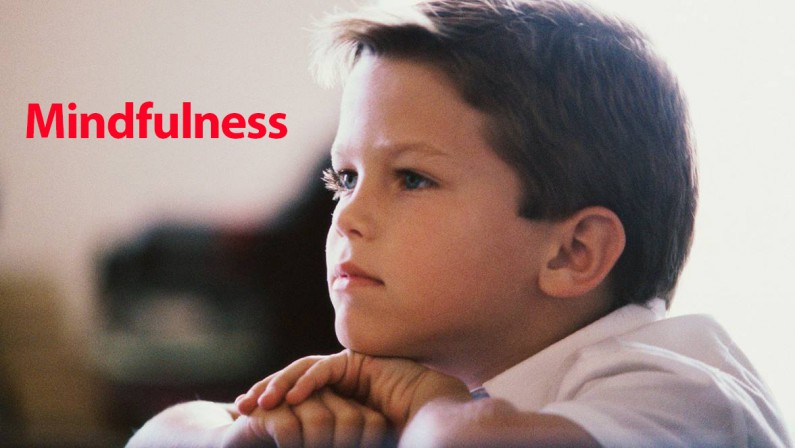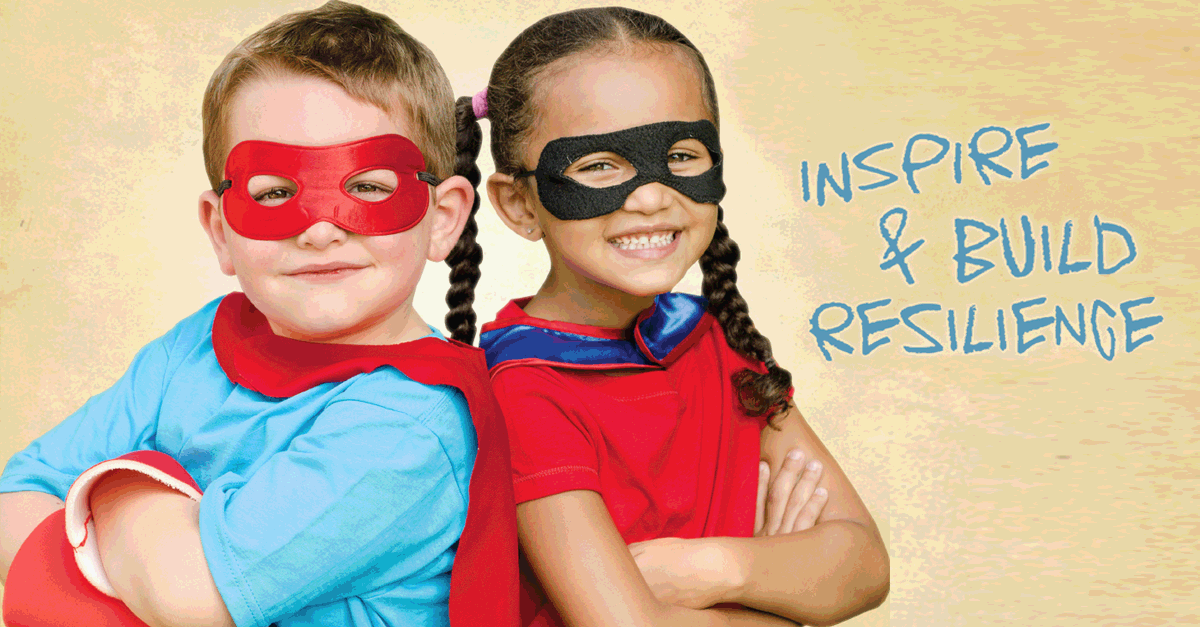Mindfulness for children

You may have heard people talking about the benefits of being mindful. It’s something that western cultures picked up from Buddhist traditions decades ago. Mindfulness is not a religion however; it is simply a beneficial technique or way of behaving that Buddhist followers use. A lot of scientific research has been done on the effects of mindfulness in adults and in the last decade or so this has increasingly turned to mindfulness in children.
What is mindfulness?
Mindfulness is not about filling the mind, as the name might suggest; nor is it about clearing or emptying the mind. It has been described as ‘paying attention in a particular way: on purpose, in the present moment and non-judgementally’. When someone is being mindful, they are completely in touch with what is happening in the moment and their responses to it. For example, if your child was walking home from school mindfully they would feel each step, the weight of their bag, the sounds of birds or traffic and the happiness, disappointment or relief they may feel on approaching the front door. They would prefer this to worrying about tonight’s homework or events at school that day and counting the days to the next school holiday.
How does being mindful benefit people?
By deliberately staying in the ‘now’, mindful people can respond to what’s happening and make decisions that are not necessarily based on their default impulses. Their immediate emotions tend to be less affected by events and their reactions are less emotional.
Research has shown that mindfulness training increases connectivity with the frontal lobe in the brain. This improves your ability to concentrate, make decisions and process memories. By learning to focus on current experiences and feelings with curiosity, you gain self-awareness, social awareness and self-confidence. In short, most people enjoy becoming more thoughtful, reflective and compassionate.
Mindfulness has also been shown to benefit adults with a wide range of mental or physical health conditions. For example, mindfulness training has helped people suffering from episodes of chronic pain to better manage emotions, such as anger, allowing them enjoy greater social interaction.
Is it something children can learn?
The short answer is yes. Everyone has some mindfulness and it can be improved with practice. Many schools have implemented mindfulness programmes with positive results. The training has also been shown to reduce the degree of anxiety, depression and ADHD in children.
In-depth research into how soon mindfulness training can begin and how it should differ from that developed for adults is steadily growing. Because mindfulness requires self-awareness and the ability to modify existing responses without judgement, most research suggests beginning from age seven or older.
What’s involved in mindfulness training?
Mindfulness training simply involves practicing being focussed and curious in the now, recognising when your mind becomes distracted, as it naturally does, and bringing yourself back to the present point of focus without judging yourself or others.
Although sitting meditation is a formal technique for improving mindfulness, simple exercises involving everyday activities can also be used. Examples include concentrating on what you feel in a part of your body, such as your nose or stomach, while you breathe; eating with a focus on the flavours and textures of the food; talking with others without distraction or focusing on individual instruments in a piece of music.
How can you and your child get started?
The best thing you can do as a parent is to become more mindful yourself. Set aside some time to play with your child and give them your full attention without distractions, such as your phone or TV. Have fun at the start of each family meal by concentrating on the taste and textures of the food in silence for a few minutes. Cook together and help your child to focus on the flavours, colours and aromas of the ingredients and their effects on the dish. Even brushing your teeth together in silence while focusing on the sensations will help get the ball rolling. When your child is worried or upset, practice the breathing concentration exercise with them for a few minutes and talk about how it changed their feelings and responses, before helping them to discuss the problem.
Experiencing the benefits of mindfulness in after school tutoring
At NumberWorks’nWords we provide a vibrant and productive environment. Our individual programmes are tailored to each student’s needs, with a clear focus on step-by-step mastery and progress at their own level and pace. The learning environment allows students to naturally be mindful. Immediate tutor feedback and one-to-one tuition provide the engagement that boosts concentration, confidence, self-worth and learning.
A free assessment and trial session
If you have any concerns about your child’s progress at school, or simply want your child to develop their full potential, we offer a free no-obligation assessment of where you child is now, plus a free trial lesson. The assessment usually takes 20 to 30 minutes and is carried out by one of our trained educators.
Book a free assessment and introductory lesson today
Sources:
https://educate.bankstreet.edu/independent-studies/38/
https://www.kidsmatter.edu.au/mental-health-matters/mindfulness
https://www.parents.com/health/healthy-happy-kids/why-and-how-to-teach-kids-mindfulness/



